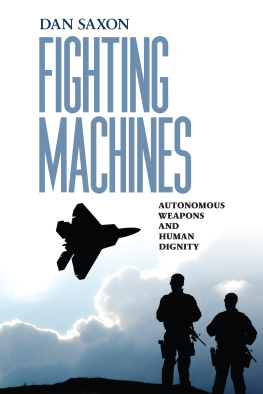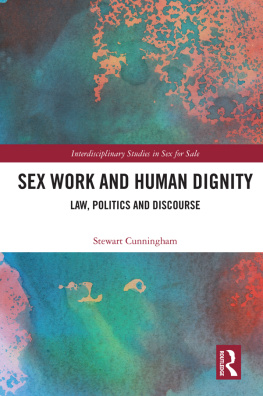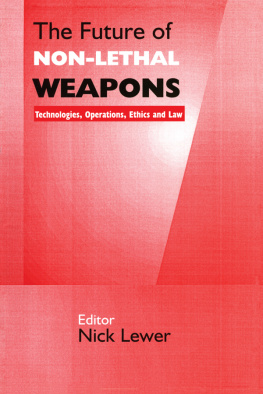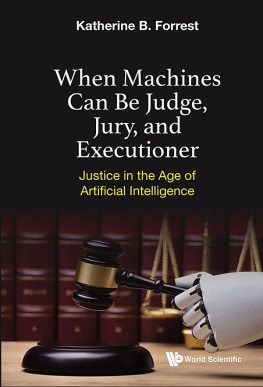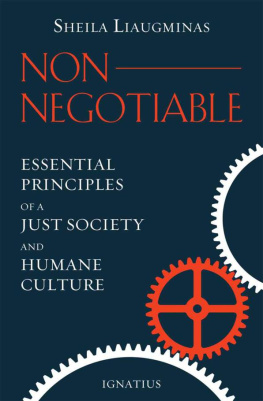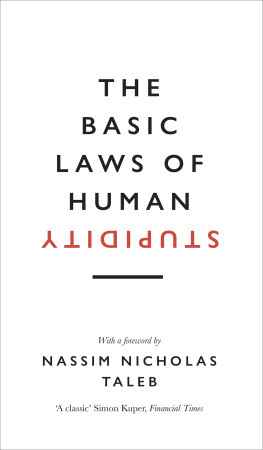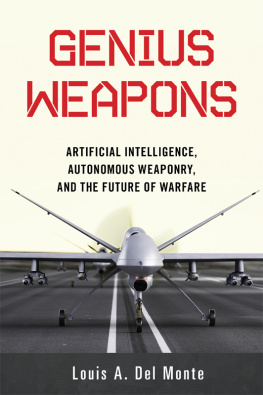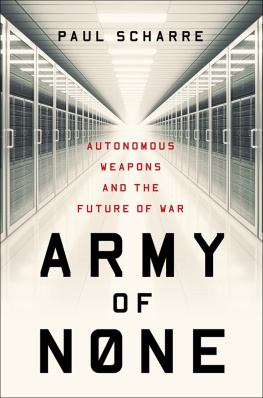Dan Saxon - Fighting Machines: Autonomous Weapons and Human Dignity
Here you can read online Dan Saxon - Fighting Machines: Autonomous Weapons and Human Dignity full text of the book (entire story) in english for free. Download pdf and epub, get meaning, cover and reviews about this ebook. year: 2021, publisher: University of Pennsylvania Press, genre: Romance novel. Description of the work, (preface) as well as reviews are available. Best literature library LitArk.com created for fans of good reading and offers a wide selection of genres:
Romance novel
Science fiction
Adventure
Detective
Science
History
Home and family
Prose
Art
Politics
Computer
Non-fiction
Religion
Business
Children
Humor
Choose a favorite category and find really read worthwhile books. Enjoy immersion in the world of imagination, feel the emotions of the characters or learn something new for yourself, make an fascinating discovery.
- Book:Fighting Machines: Autonomous Weapons and Human Dignity
- Author:
- Publisher:University of Pennsylvania Press
- Genre:
- Year:2021
- Rating:5 / 5
- Favourites:Add to favourites
- Your mark:
Fighting Machines: Autonomous Weapons and Human Dignity: summary, description and annotation
We offer to read an annotation, description, summary or preface (depends on what the author of the book "Fighting Machines: Autonomous Weapons and Human Dignity" wrote himself). If you haven't found the necessary information about the book — write in the comments, we will try to find it.
Lethal autonomous weapons are weapon systems that can select and destroy targets without intervention by a human operator. Fighting Machines explores the relationship between lethal autonomous weapons (LAWS), the concept of human dignity, and international law. Much of this analysis speaks to three fundamental and related problems: When a LAWS takes a human life, is that killing a violation of human dignity? Can states and non-state actors use LAWS in accordance with international law? And are there certain responsibilities of human decision-making during wartime that we should not delegate to machines?
In the book, Dan Saxon argues that the use of LAWS to take human life constitutes a violation of human dignity. Rather than concentrating on the victims of the use of lethal force, Saxon instead focuses on the technology and relevant legal principles and rules to advance several propositions. First, as LAWS operate at increasingly greater speeds, their use will undermine the opportunities for, and the value of, human reasoning and judgment. Second, by transferring responsibility for reasoning and judgment about the use of lethal force to computer software, the use of LAWS violates the dignity of the soldiers, commanders, and law enforcement officers who historically have made such decisions, and, therefore, breaches international law. Third, weapon designs that facilitate teamwork between humans and autonomous systems are necessary to ensure that humans and LAWS can operate interdependently so that individuals can fulfil their obligations under international lawincluding the preservation of their own dignityand ensure that human reasoning and judgment are available for cognitive functions better suited to humans than machines.
Fighting Machines speaks to the fields of international humanitarian law, human rights, criminal law, and legal philosophy. It will also be of interest to non-lawyers, especially military officers, government policy makers, political scientists, and international relations scholars, as well as roboticists and ethicists.
Dan Saxon: author's other books
Who wrote Fighting Machines: Autonomous Weapons and Human Dignity? Find out the surname, the name of the author of the book and a list of all author's works by series.

